Bloating
Struggling with bloating? Here’s what you need to know to find relief.
ALL TEST ARE ACCREDITED & REGULATED BY



What is bloating?
When you’re bloated, your stomach or abdomen can feel full and uncomfortable, or even painful.
This bloating happens when your gastrointestinal tract contains too much gas or air. Bloating can be mild, or more severe, and may present as:
– A visibly distended or swollen abdomen
– Feeling very full and uncomfortable
– Feeling of tightness in the abdomen
– Excess gas – belching and/or flatulence
– Rumbling or gurgling
There are several causes of bloating, so it’s important to diagnose the cause of your bloating and find out why it’s happening to you.

Why does bloating happen?
Prolonged periods of bloating could indicate an underlying health problem, if so you should see your GP.
Possible causes can include:
Irritable bowel syndrome (IBS diagnosis)
Ulcerative colitis, a form of inflammatory bowel disease (IBD), where the inner lining of the large bowel is inflamed and develops ulcers
Crohn’s disease, the other form of IBD, where some parts of your colon are inflamed
Too much bacteria in your small intestine (called small intestinal bacterial overgrowth, or SIBO)
Gastroesophageal reflux disease
Food intolerances, especially lactose or fructose intolerance
Producing too much gas (dysbiosis and fermentation)
Weight gain
Stress or anxiety
Delays in your food and drink moving on from your stomach (called gastroparesis)
Eating too quickly, so that you swallow too much air (called aerophagia)

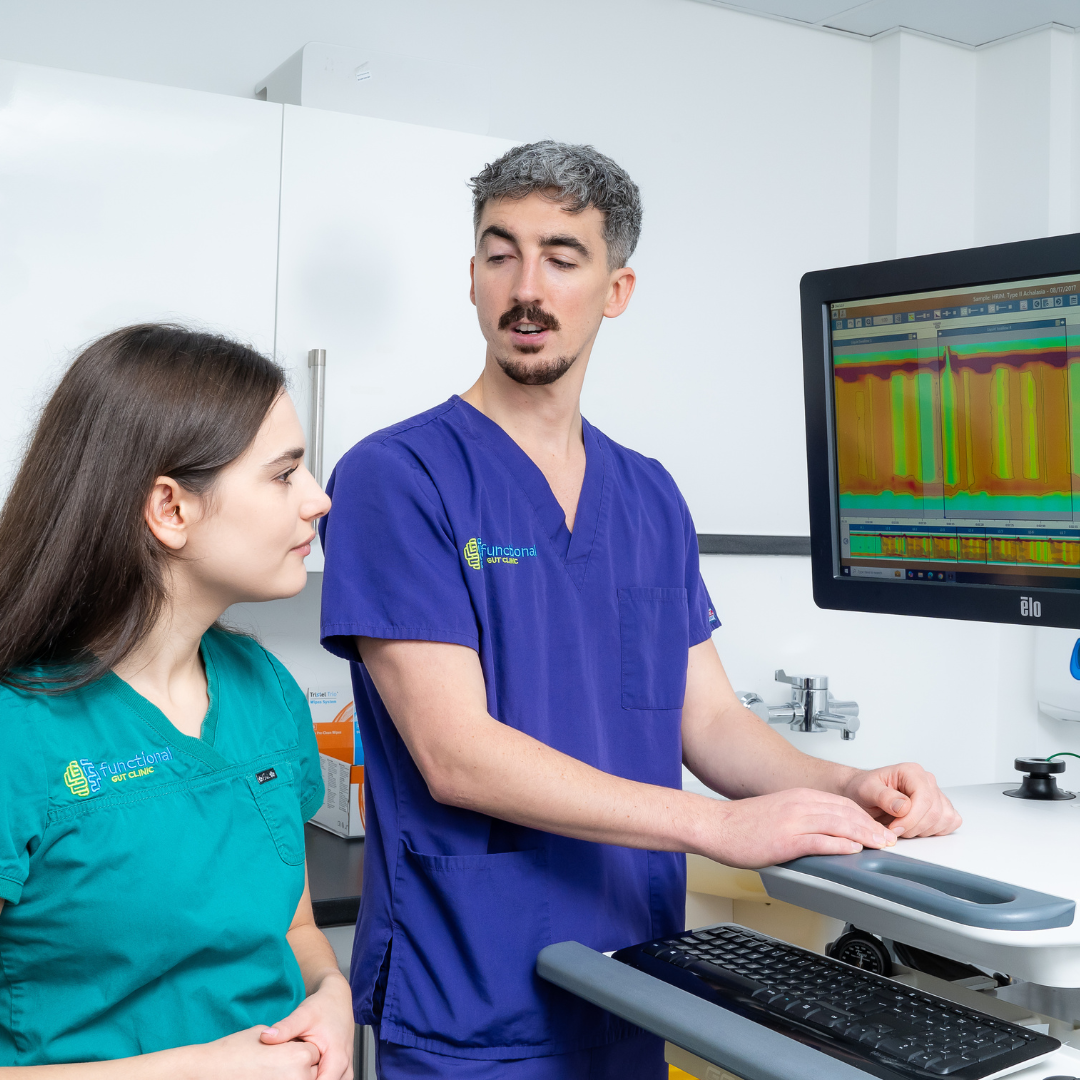
Diagnosing bloating
Feeling bloated is no fun, but once you know what’s going on you can start to manage your symptoms and the underlying causes.
Testing options:
At the Functional Gut Clinic, we can run the following tests to diagnose the causes of bloating:
Gastric emptying test– which measures how quickly food leaves your stomach
Carbohydrate malabsorption breath test– which finds out if you have certain food intolerances (lactose or fructose)
Small intestinal bacterial overgrowth (SIBO) breath test– which finds out if you have an overgrowth of bacteria in your small intestine (called SIBO)
Oesophageal manometry– which measures the function of your oesophagus (food pipe)
24-hour pH impedance monitoring– which looks at whether you have any reflux
Colonic transit study-a non-invasive test which looks at how long it takes for faeces to pass through your bowl
Learn more about bloating

What Causes Heartburn?
Heartburn is an uncomfortable, burning sensation in the centre of your chest. Often, it occurs soon after eating and feels like the pain is directly behind your breastbone. It’s closely linked to acid reflux and occurs when acid moves from your stomach into your food pipe (oesophagus).
Usually, the average episode of heartburn lasts between a few minutes and several hours. The symptoms might start off mild and become more severe.
Most people find heartburn extremely uncomfortable. Understanding what causes heartburn can prevent repeated episodes – letting you take action to avoid potential triggers. So, what gives you heartburn? Let’s find out.
Diet
Food is probably the most important factor causing heartburn. What you eat and drink not only determines your stomach’s acid production but also affects your stomach pressure and relaxation of the lower oesophageal sphincter (LOS). The LOS is the barrier between the stomach and the oesophagus, preventing the backflow of acid.
Certain foods are known to trigger heartburn and indigestion. These include:
Spicy, fatty, or greasy foods
Acidic fruits and vegetables, such as tomatoes, onions, and citrus
Coffee and other sources of caffeine, including chocolate
Alcohol
Carbonated drinks
Peppermint or spearmint
In addition to these foods, your dietary pattern makes a difference. Eating a large meal will increase your stomach pressure and boost acid production. This often leads to reflux symptoms. You’ll also want to avoid lying down immediately after a meal – the lack of gravity can trigger an acidity attack.
Medication Side Effects
Acid reflux isn’t always your fault. Often, it happens because of a change beyond our control. If you’ve noticed reflux symptoms after starting a new medication, it could be the culprit. Always speak to your doctor about potential side effects.
Certain medications are known to either loosen the LOS or trigger the overproduction of stomach acid. Such drugs commonly include:
Non-steroidal Anti-inflammatory Drugs (NSAIDs): Such as ibuprofen and aspirin, which can irritate the stomach lining.
Calcium Channel Blockers: Used to treat hypertension; they relax the LOS.
Anticholinergics: Used to treat various conditions, including incontinence and depression; they can slow gastrointestinal (GI) motility.
Bisphosphonates: Used to improve bone density; they can irritate the oesophagus.
Certain Antibiotics: Such as tetracycline and doxycycline, which can irritate the oesophagus.
Iron Supplements: Can cause gastric irritation and are associated with reflux in some people.
Potassium Supplements: These can irritate the stomach lining.
Progesterone: A hormone that can relax the LOS and cause reflux symptoms.
Antidepressants: Some antidepressants can affect the oesophageal muscles and GI motility.
Pregnancy
Pregnancy increases the pressure in your stomach. As the pregnancy progresses, this pressure can force the LOS to open, increasing the risk of acid reflux. But it’s not just the baby’s growth that causes problems – the increased levels of progesterone and oestrogen further relax the LOS.
Combined with other factors like medications, poor diet, and tight clothing, pregnancy can lead to some uncomfortable reflux episodes. Your midwife or obstetrician can advise on how to combat this problem.
Hiatus Hernia
A hiatus hernia involves part of your stomach entering your chest cavity through a hole in your diaphragm. Instead of the diaphragm helping to close off the LOS, acid and food can now freely backflow into the oesophagus.
With a hiatus hernia, people often complain of worsening reflux when lying down or bending over. It’s very noticeable. If you suspect a hiatus hernia, you’ll need to undergo several investigations to confirm the problem.
Smoking
Smoking irritates your airway and releases carcinogens into your body. These harmful chemicals can increase stomach acid production. Nicotine also relaxes the muscles of your LOS, worsening reflux and heartburn. Quitting smoking could reverse these effects.
In fact, a 2016 study found that adults who successfully quit smoking saw a 44% reduction in acid reflux symptoms after a year compared to 18.2% of those who did not quit.
Overweight or Obesity
Similar to pregnancy, being overweight or obese adds pressure on your stomach. It can force the LOS to open. Eating excessively large portions or over-eating is also a risk factor for a hiatus hernia. Additionally, a diet rich in fatty foods can spark stomach acid production.
Together, being overweight or obese is a major risk factor for heartburn.
Stress and Anxiety
Stress and anxiety increase levels of cortisol in your blood. This stress hormone increases the secretion of stomach acid, causing severe acidity attacks.
Getting Tested for Acid Reflux
If you have a heartburn, consider testing for GERD. The definitive method is 24-hour pH monitoring, where a device is inserted into the oesophagus to detect acid. A positive test confirms GERD as the cause of your symptoms. Here at The Functional Gut Clinic, we offer advanced acid reflux testing, providing accurate diagnoses and guidance on treatment. Contact us today to find out more.
Hear from people we’ve helped, just like you.
"Very professional while welcoming and friendly"
"The manner and demeanour of all staff from reception to people carrying out the test was very professional but welcoming and friendly. Atmosphere is very relaxed and all instructions clear and concise."
London Patient

"Highly recommend this"
"Thanks to Dr Hobson and everyone at the Functional Gut Clinic. The whole team is very kind and generous and they are doing things that are cutting edge and they actually get results."
Manchester Patient

"Highly recommend this"
"After stopping my lansoprazole, every time I had a warm drink, I could feel it burn all the way down to my stomach. Thank you to Sam for making me feel at ease." - Manchester Patient

"My experience could not be better"
"Pleasant and knowledgeable staff that made the experience more enjoyable than it should be!" - London Patient

"Very friendly and knowledgeable"
"An excellent service from beginning to end. I would recommend to anyone who was considering having testing done. Very friendly and knowledgeable!" - Manchester Patient

"Very kind and helpful"
"It was also great to have time to talk to the clinicians – very important when you have problems. Reception staff also very kind and helpful." - Manchester Patient

Are you experiencing any other symptoms
Symptoms are often closely connected. Find out more below.
Reflux
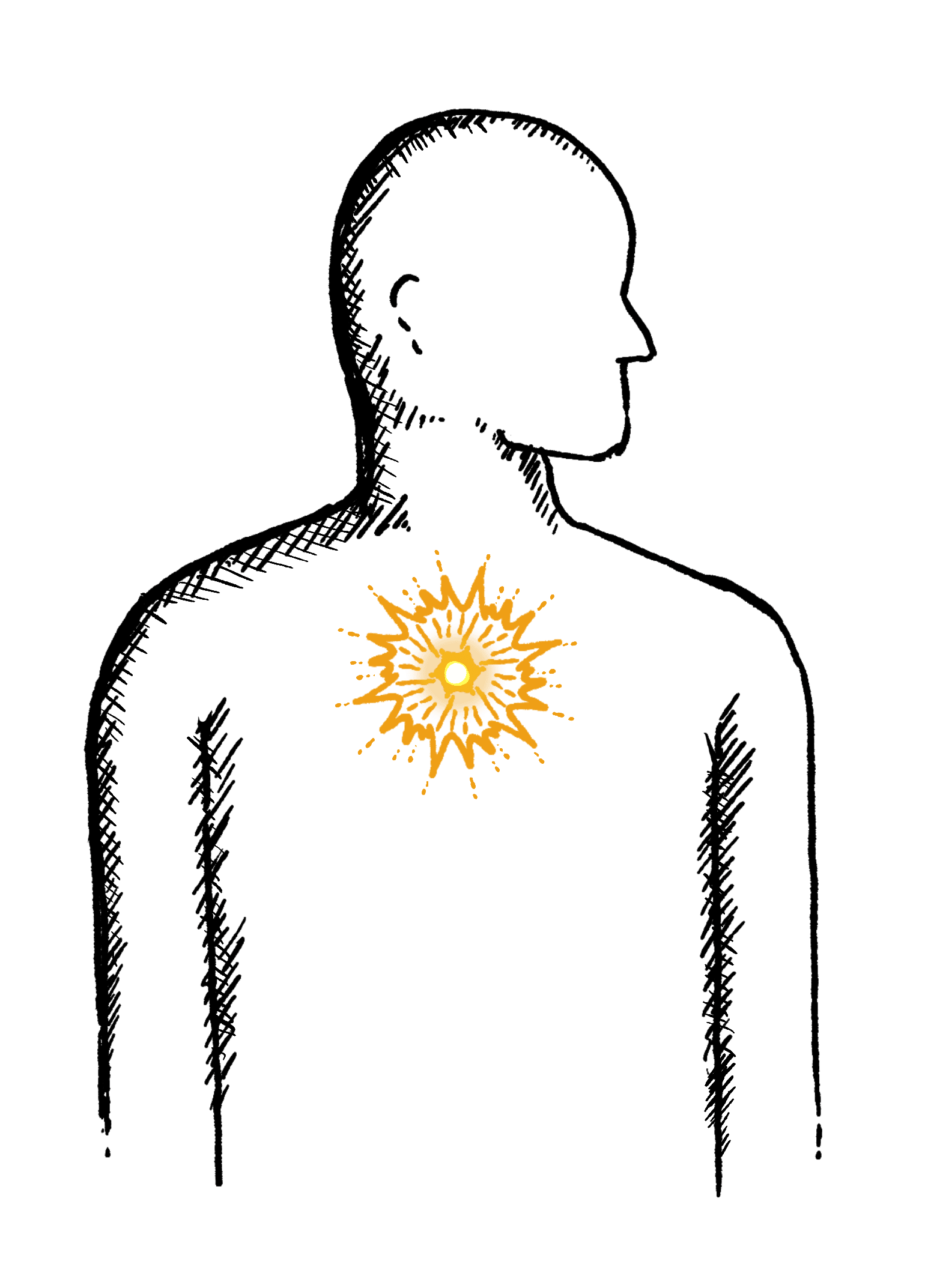
Burning mid-chest, worse when bending or lying down
Constipation
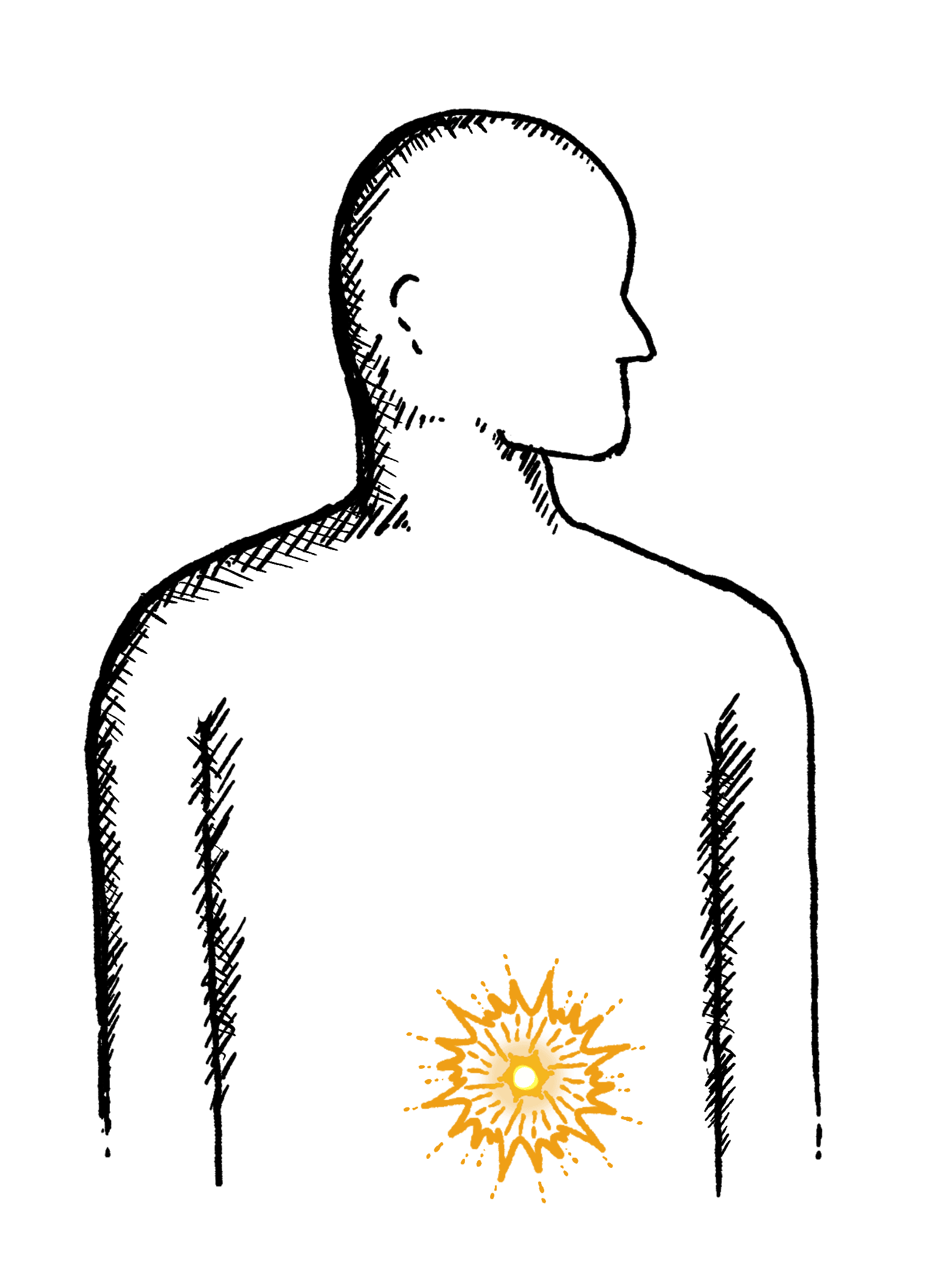
Difficulty going to the toilet, unusual stools, often with stomach ache or intestinal cramps, bloating, nausea or appetite loss
Heartburn

A burning pain in your chest, just behind your breastbone.
The pain is often worse after eating...
Regurgitation
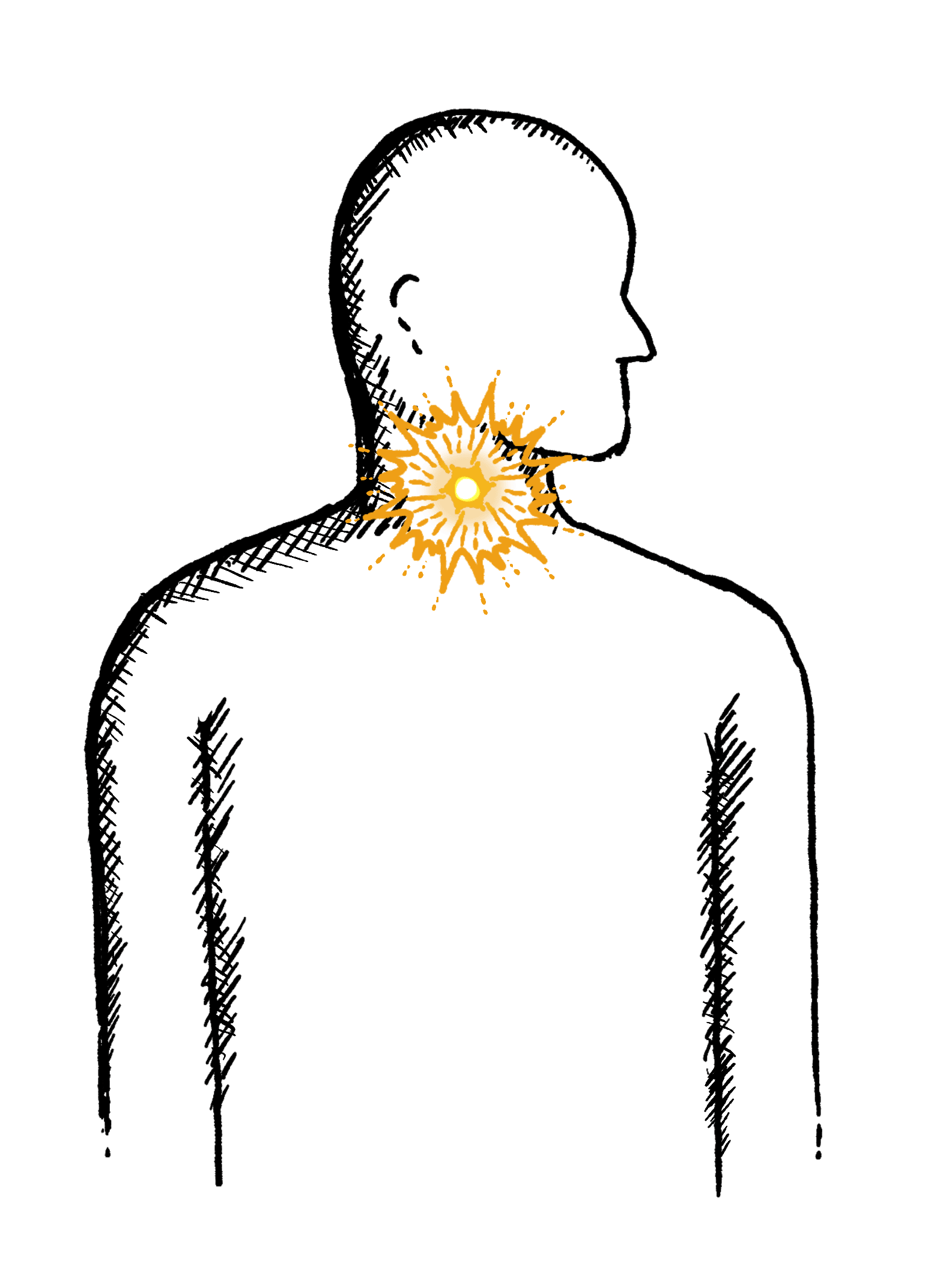
Bringing food or drink back up, difficulty swallowing, feeling that food or drink is stuck in your throat, horrible taste in your mouth
Swallowing Issues

Dysphagia - difficulty swallowing, feeling that food or drink is stuck in your throat, horrible taste in your mouth
Diarrhoea
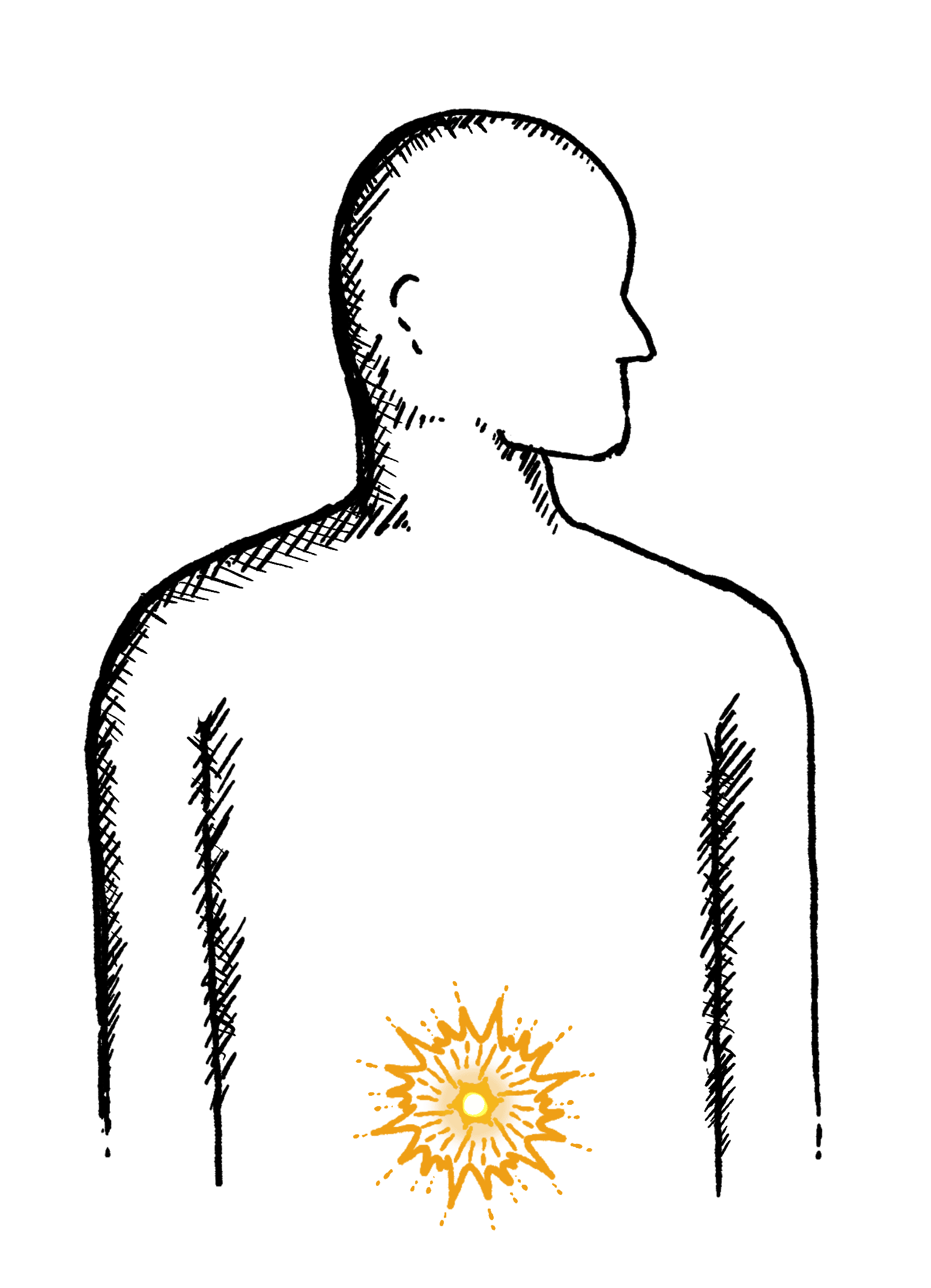
Loose or explosive stools, can’t get to a toilet in time
Abdominal Pain
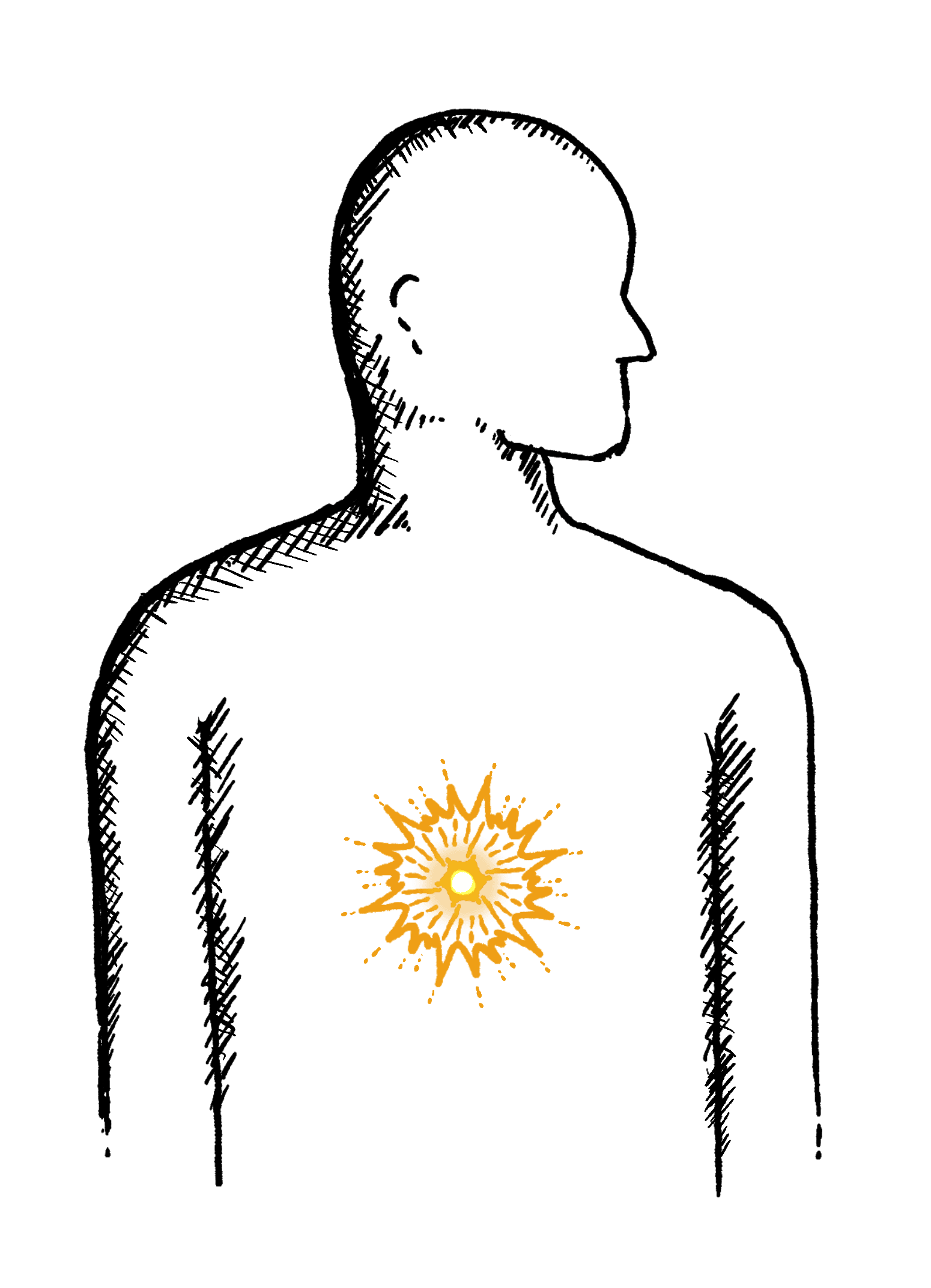
Cramps; sharp or dull pain, Bloating, Excessive belching, Nausea or vomiting
Faecal Incontinence

Stools leak unexpectedly, Can’t get to a toilet in time
IBS
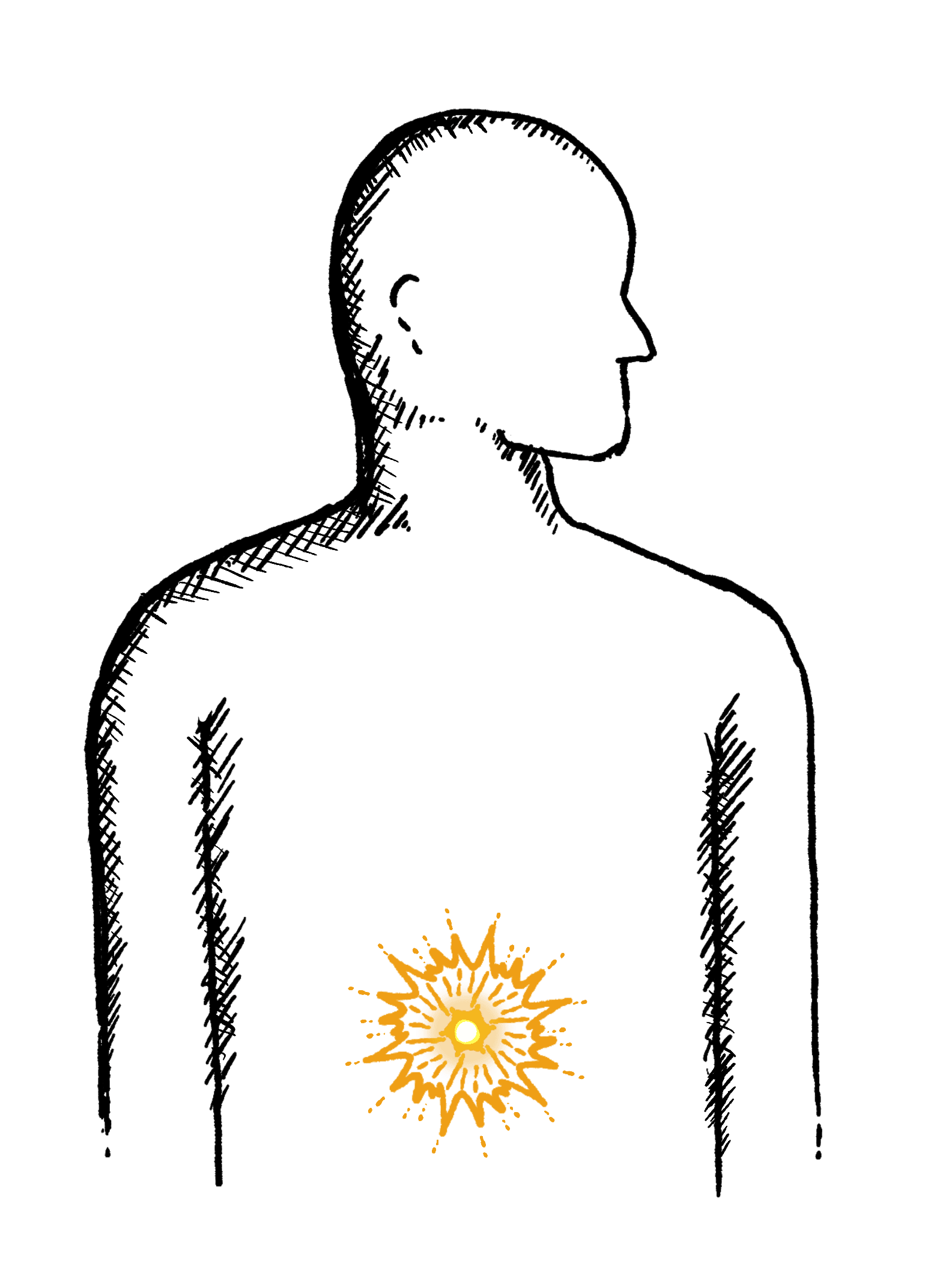
Abdominal pain or cramping, bloating, changes in bowel habits and urgency, gas

